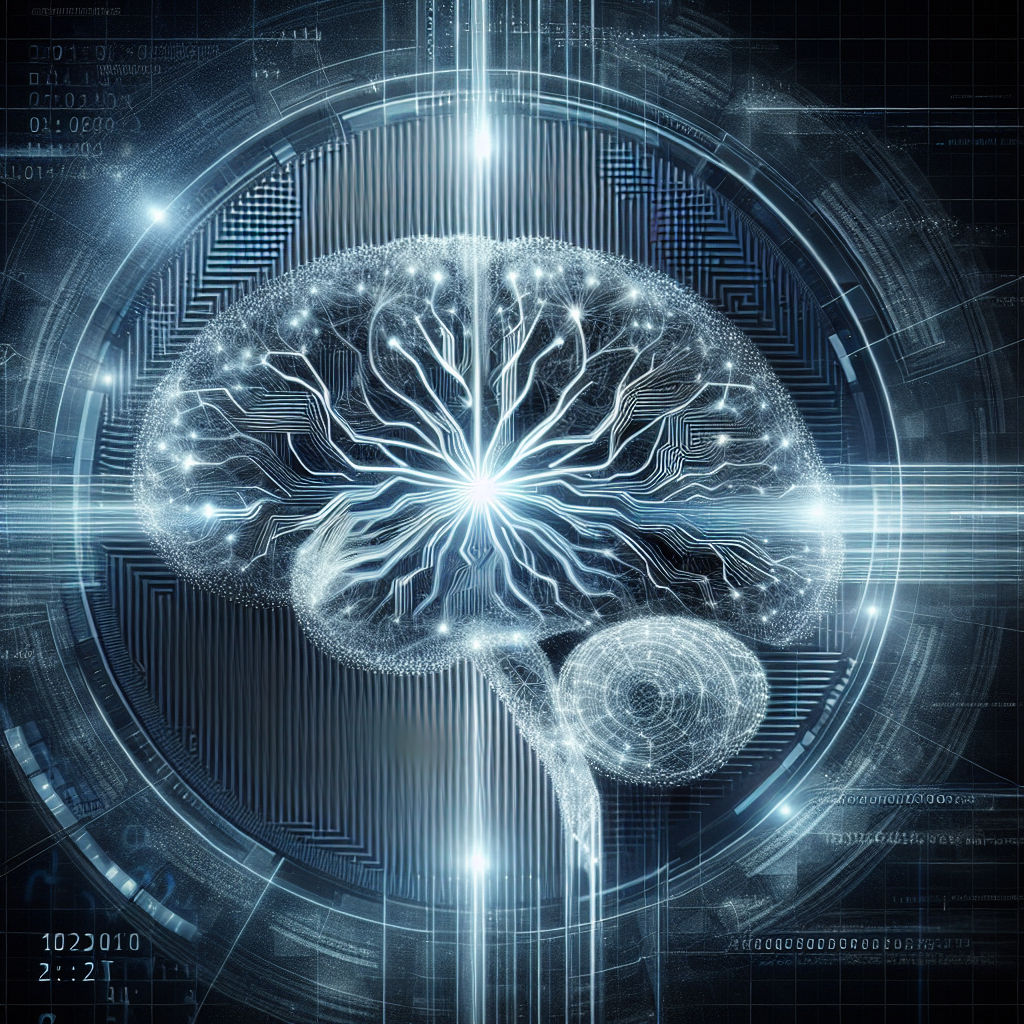Artificial General Intelligence (AGI) is a term that refers to a type of artificial intelligence that possesses the ability to understand, learn, and apply knowledge in a way that is indistinguishable from human intelligence. While current AI systems are limited in their capabilities and are designed for specific tasks, AGI has the potential to revolutionize the way we live, work, and interact with the world around us.
In this article, we will explore the potential of AGI and how it will shape our world in the coming years. We will discuss the benefits and challenges of AGI, the ethical considerations surrounding its development, and how it has the power to transform industries and society as a whole.
The Power of AGI
AGI has the potential to revolutionize a wide range of industries, from healthcare and finance to transportation and entertainment. By harnessing the power of AGI, companies can streamline their operations, improve decision-making processes, and unlock new opportunities for growth and innovation.
One of the key benefits of AGI is its ability to handle complex and ambiguous tasks that are beyond the capabilities of current AI systems. For example, AGI could be used to analyze vast amounts of data to identify trends and patterns that humans may not be able to detect. This could lead to breakthroughs in fields such as healthcare, where AGI could be used to develop new treatments and cures for diseases.
AGI also has the potential to automate routine tasks, freeing up human workers to focus on more creative and strategic activities. This could lead to increased productivity, efficiency, and job satisfaction in the workplace.
Challenges of AGI
While the potential benefits of AGI are vast, there are also significant challenges that must be addressed before it can be fully realized. One of the main concerns surrounding AGI is the potential for it to surpass human intelligence and become uncontrollable. This could lead to unintended consequences, such as the development of AGI systems that act against human interests.
Another challenge is the ethical implications of AGI. As AGI becomes more advanced, questions arise about how it should be used and who should be responsible for its actions. For example, should AGI systems have rights and responsibilities similar to those of humans? How can we ensure that AGI is used in a fair and equitable manner?
There are also concerns about the impact of AGI on the job market. As AGI becomes more prevalent, there is the potential for widespread job displacement as tasks that were once performed by humans are automated. This could lead to increased inequality and social unrest if not managed properly.
Despite these challenges, the potential of AGI is too great to ignore. By addressing these concerns proactively and implementing safeguards to ensure the responsible development and deployment of AGI, we can harness its power to create a better future for all.
The Future of AGI
As AGI continues to evolve, its impact on society will only grow stronger. In the coming years, we can expect to see AGI used in a wide range of applications, from autonomous vehicles and smart homes to personalized healthcare and virtual assistants.
One area where AGI is already making a significant impact is in the field of healthcare. AGI can be used to analyze medical images, identify patterns in patient data, and assist in diagnosis and treatment planning. This has the potential to revolutionize the way healthcare is delivered, leading to improved outcomes and reduced costs.
Another area where AGI is poised to make a difference is in the field of transportation. Autonomous vehicles powered by AGI have the potential to revolutionize the way we travel, making roads safer, reducing traffic congestion, and improving the overall efficiency of transportation systems.
AGI also has the potential to transform the way we interact with technology. Virtual assistants powered by AGI can understand natural language, learn from user interactions, and provide personalized recommendations and assistance. This has the potential to revolutionize the way we shop, communicate, and access information.
FAQs
Q: What is the difference between AGI and current AI systems?
A: Current AI systems are designed for specific tasks and are limited in their capabilities. AGI, on the other hand, possesses the ability to understand, learn, and apply knowledge in a way that is indistinguishable from human intelligence.
Q: What are the benefits of AGI?
A: AGI has the potential to revolutionize a wide range of industries, from healthcare and finance to transportation and entertainment. By harnessing the power of AGI, companies can streamline their operations, improve decision-making processes, and unlock new opportunities for growth and innovation.
Q: What are the challenges of AGI?
A: There are several challenges associated with AGI, including the potential for it to surpass human intelligence and become uncontrollable, ethical concerns surrounding its development and use, and the impact on the job market.
Q: How can we ensure the responsible development and deployment of AGI?
A: To ensure the responsible development and deployment of AGI, it is important to address concerns proactively, implement safeguards to prevent misuse, and involve stakeholders in the decision-making process.
In conclusion, AGI has the potential to revolutionize the way we live, work, and interact with the world around us. By harnessing its power responsibly and addressing the challenges that come with its development, we can create a brighter future for all.

